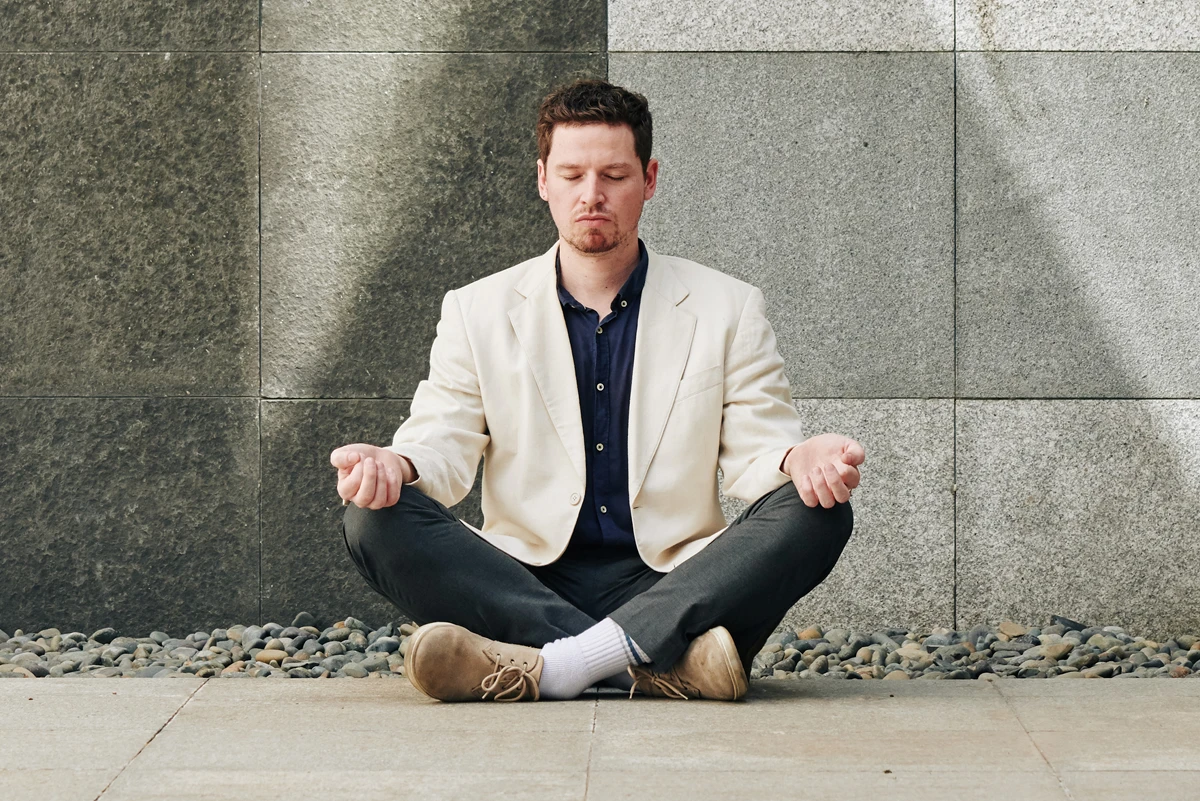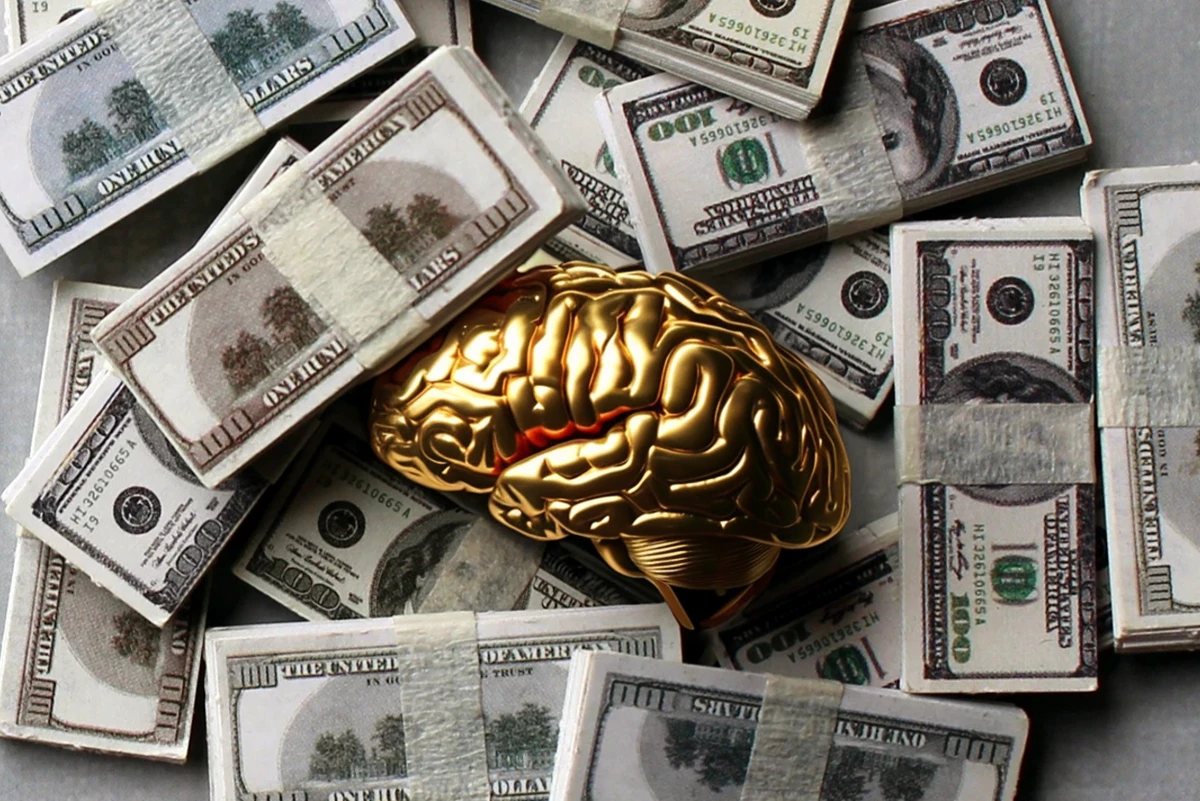Have you ever wondered why some people seem to manage money easily while others struggle? Believe it or not, the way we think about money can have a big impact on our bank accounts. Our beliefs shape our actions, and our actions affect our financial outcomes. Let’s explore how what we believe can either help or hurt our finances—and what we can do to change it.
How Beliefs Affect Money Habits
We all have certain beliefs about money. These beliefs are often formed in childhood and come from things we hear, see, and experience. For example, if you grew up hearing “Money doesn’t grow on trees,” you might believe that money is hard to get. Or, if you heard “Only rich people can afford that,” you might think you’ll never be wealthy.
These beliefs can affect our habits, like how we save, spend, or even feel about money. If you believe money is scarce, you may hold onto it tightly, even missing out on opportunities. On the other hand, if you believe there’s always more money to be made, you might take risks and explore ways to grow your income.
Common Money Beliefs and Their Impact
Here are some common money beliefs and how they can impact your finances:
“I don’t deserve to be wealthy.”
If you feel you’re not worthy of wealth, you might avoid opportunities or not put effort into saving. This belief can hold you back from reaching financial goals.
“Money is the root of all evil.”
Some people feel guilty about wanting money because they believe it’s wrong to be wealthy. This belief can cause people to spend or give away money without thinking, or even avoid making money altogether.
“I can’t manage money.”
If you believe you’re bad with money, you may avoid budgeting or investing because you don’t trust yourself. This mindset can lead to poor financial decisions or no plan at all.
“It takes money to make money.”
While this is partly true, believing it completely can stop you from starting small. Many people grow wealth by beginning with what they have and building from there.

How to Change Negative Money Beliefs
Changing your money beliefs is possible! It starts with understanding that your thoughts about money are not set in stone—they can be shifted. Here are some steps to help you think more positively about money:
Identify Your Beliefs
Take a moment to write down what you believe about money. Ask yourself: Is this belief helping or hurting my finances?
Challenge Negative Beliefs
If you have a negative belief, ask yourself if it’s really true. For example, if you believe, “I can’t manage money,” remind yourself of times when you made smart money choices, even small ones.
Replace with Positive Beliefs
Create positive beliefs that support your financial goals. If you want to save more, try telling yourself, “I am a good saver, and I can grow my wealth.” Repeating this can help it feel true.
Take Small Actions
Building confidence with money takes practice. Start with small actions that align with your new beliefs, like setting up automatic savings or creating a budget.
The Power of Positive Money Beliefs
When you believe that money is a tool to improve your life, you’re more likely to make choices that grow your wealth. For example, if you believe, “I can learn to invest,” you may start by researching how investing works. If you believe, “I am capable of managing my finances,” you’re more likely to make a budget, track your spending, and set financial goals.
Positive money beliefs lead to positive actions. Over time, these actions add up, and you’ll start seeing the benefits in your bank account. Your beliefs and mindset become the foundation for smart financial decisions.
Final Thoughts
The link between your beliefs and your bank account is powerful. By changing negative money beliefs and adopting positive ones, you can improve your finances and build a better future. Remember, it’s never too late to start thinking differently about money. Begin with small steps, believe in your ability to manage and grow your wealth, and watch your bank account grow along with your mindset.



